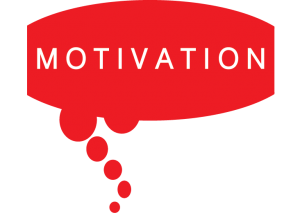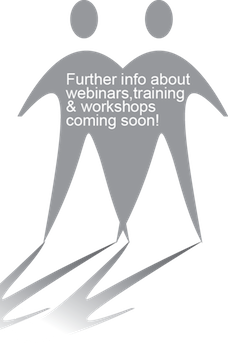Advanced 2-day Cognitive Motivational Training
ADVANCED “Hands-On” Counselor Practice Sessions
While the initial 3 day CMT (Cognitive Motivation Tools for Negotiating Behavior Change) provides participants with an overview and some familiarity with what it means to work “motivationally” with clients, developing skills requires practice and feedback. The results for skill development are best achieved when staff/participants are provided an opportunity to practice and get personalized feedback in smaller groups. The 2 day Advanced CMT counselor practice sessions provides this opportunity.
The initial 3-day CMT training sessions often leave staff quite enthusiastic and ready to start working with the new concepts and tools they have learned. However, staff often cannot find time to practice post CMT training. Without the opportunity for practice staff and support to do so staff can become frustrated and they lose the motivation to try and understand how to use the skills they have learned.
These 2 day sessions consist of role-playing and CMT skills practice in small groups with other staff playing different clients. These practice sessions are limited to a 20 staff per session maximum.
In addition to practicing the training will also provide an opportunity to improve counselor skills in communicating “motivationally” with clients. The training will focus on providing staff with “hands on” experience and practice in the following skills set areas …
- Motivational Spirit /Style of Communication … fundamental skills of communication that is based on working/communicating in a collaborative vs. prescriptive manner. It is about being evocative [listening vs. telling or installing] and respectful of the clients’ autonomy and self –direction. It is about listening to the client … hearing and empowering them.
- O.A.R. S. … The basis for client- centered communication skills practice that involves the comfortable practice of open-ended questions, affirmation, reflection and empathy. Empathy which includes accurate affirmations and reflection, serves to increase the client’s confidence in their ability to change and reduce the probability of “discord” between counselors and clients.
- Change Talk … The ability to recognize “sustain talk” that maintains the status quo and elicits commitment language. “Change talk” signals that the client is “ready” to move in the direction of change. It involves communicating in a manner that invites the client to make their own arguments for change.
- Managing “Discord”. It is the ability to respond to client “sustain talk” (excuses and arguments the clients put forward for remaining where they are) in a manner that reflects and respects the clients’ views without arguing or persuading. It is about knowing how to “reflect” so as to defuse resistance and refocus on change.

